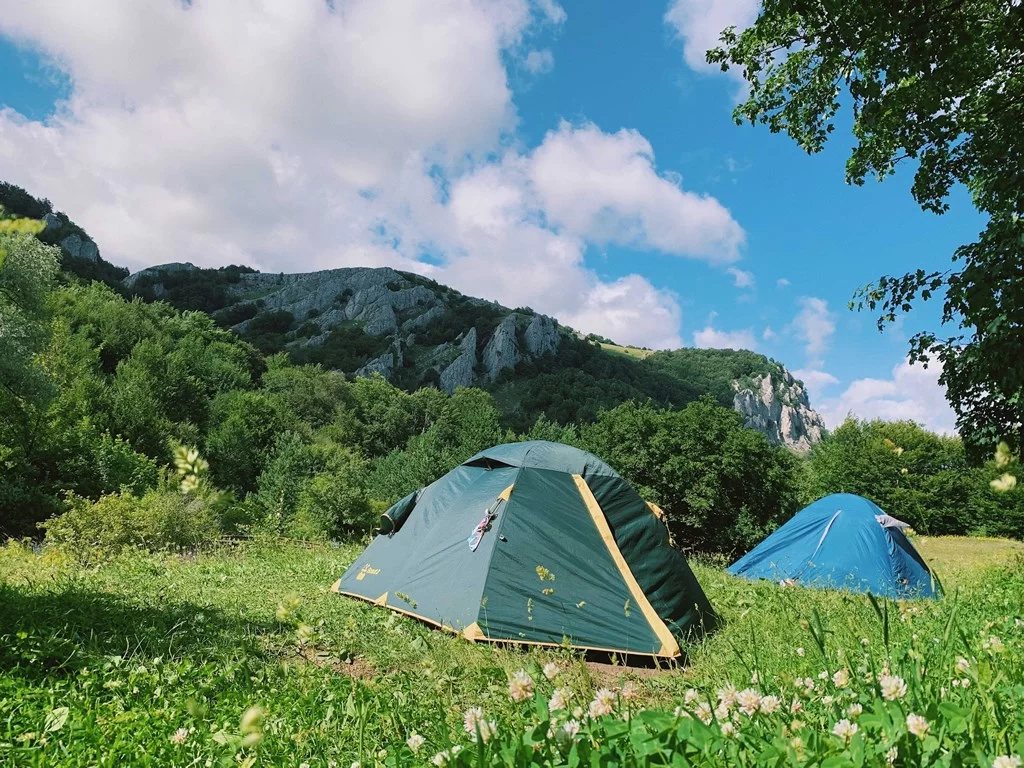Learn essential tips on how to avoid getting eaten alive by mosquitoes while camping. Explore expert mosquito prevention techniques and enjoy a bug-free outdoor adventure.

How to Avoid Getting Eaten Alive by Mosquitoes While Camping: Essential Tips and Tricks
- Understanding the Mosquito Problem When Camping
- Pre-Camping Preparation for Mosquito Protection
- During Camping Tips for Mosquito Prevention
- Effective Mosquito Repellent Methods
- How to Mosquito-Proof Your Campsite
1. Understanding the Mosquito Problem When Camping
One of the biggest annoyances campers face is the relentless swarm of mosquitoes. Not only do these tiny pests disrupt the peace and quiet of the great outdoors, but they can also carry diseases such as West Nile virus or Lyme disease. Understanding why mosquitoes are so attracted to certain environments is key to knowing how to avoid them. Typically, they thrive in damp, humid areas, which makes campgrounds near lakes, rivers, or wetlands prime mosquito habitats.
2. Pre-Camping Preparation for Mosquito Protection
Proper preparation before heading out into the wild is essential for reducing your exposure to mosquitoes. Consider the following tips:
- Choose the Right Campsite: Opt for a dry area with little standing water, as this will reduce the chances of encountering mosquitoes.
- Pack Mosquito-Repellent Gear: Make sure to bring mosquito nets, long sleeves, and pants to cover your skin during peak mosquito activity hours (usually dawn and dusk).
- Invest in Quality Mosquito Repellents: Always have mosquito repellents on hand, whether it's sprays, lotions, or natural oils like citronella.
3. During Camping Tips for Mosquito Prevention
While camping, it’s crucial to take active steps to reduce your chances of being bitten. Here are some on-site tips for keeping mosquitoes at bay:
- Set Up Camp Away from Water: As mosquitoes are attracted to stagnant water, try to set up your campsite at least 200 feet away from ponds, lakes, or marshes.
- Use Mosquito Nets: If you're sleeping in a tent, make sure it has mesh screens to keep mosquitoes outside. Alternatively, use mosquito nets over your sleeping bag to prevent bites while you sleep.
- Stay Inside During Peak Mosquito Activity: Avoid being outside during the early morning and late evening when mosquitoes are most active.
4. Effective Mosquito Repellent Methods
Effective mosquito repellents are your best line of defense. Here are some options to consider:
- Chemical Repellents: Products containing DEET, picaridin, or IR3535 are highly effective at repelling mosquitoes. Be sure to follow all application instructions for the best results.
- Natural Repellents: If you prefer a natural solution, essential oils like citronella, eucalyptus, and lavender are known for their mosquito-repelling properties. Apply these oils to your skin or use a diffuser near your campsite.
- Mosquito Traps: Some campers use mosquito traps to reduce the population around their campsites. These traps work by attracting and trapping mosquitoes.
5. How to Mosquito-Proof Your Campsite
Making your campsite less appealing to mosquitoes is an effective strategy. Here are some steps to take:
- Use Mosquito-Repelling Candles: Citronella candles or other mosquito-repelling lights can create a protective barrier around your campsite. These are especially useful when sitting around the campfire.
- Remove Standing Water: If you’ve brought water containers, make sure they don’t collect standing water. Empty all containers after use and keep them covered.
- Build a Smoke Barrier: Campfires not only provide warmth and light but also produce smoke that mosquitoes dislike. Consider keeping a small fire going to create a natural mosquito barrier.
Camping is an exciting and enriching outdoor experience, but mosquitoes can certainly put a damper on your adventure. By understanding their habits and taking the right precautions, you can significantly reduce your chances of being bitten and fully enjoy your time in nature.
For more information on how to prevent mosquitoes while camping and to plan your next getaway to a mosquito-free campsite, visit Pine Cliff Resort for expert tips and beautiful outdoor accommodations.
Chalk Lake Campground
18660-18668 Chalk Creek Dr, Nathrop, CO 81236, USA
Visit Location PageCampsite #1
50 Lester Flatt Dr #1, Vilonia, AR 72173, USA
Visit Location Page